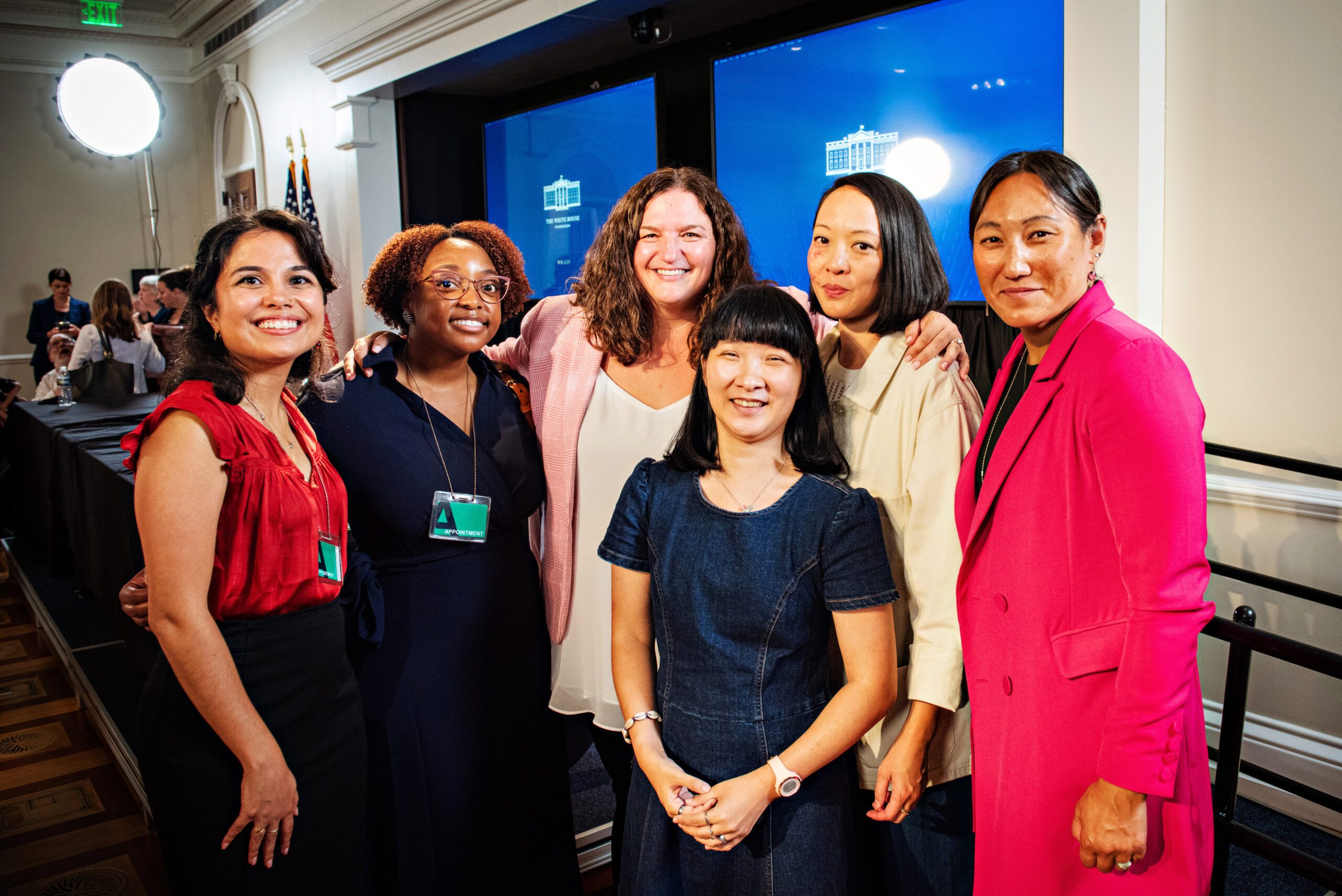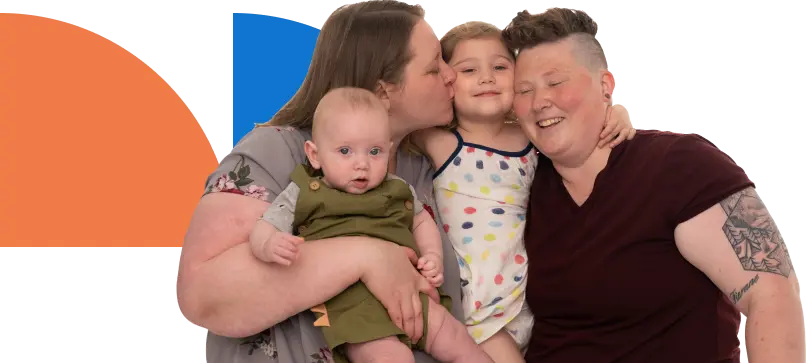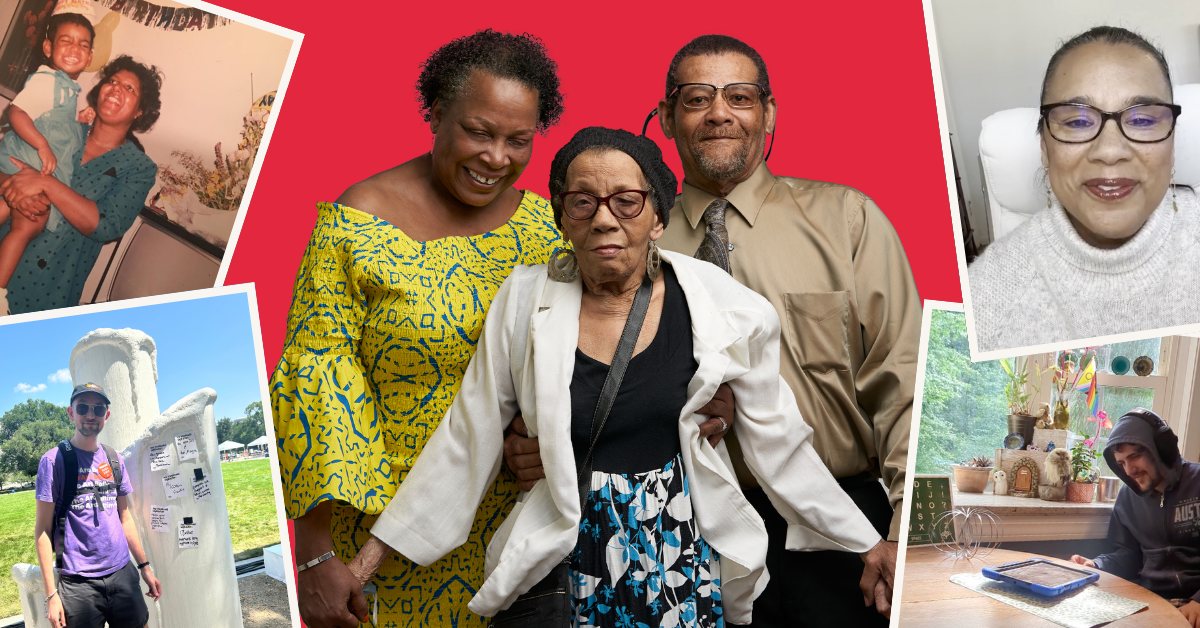
Ahead of the 25th anniversary of a landmark U.S. Supreme Court decision for disabled people, the Biden-Harris Administration invited Caring Across Generation and dozens of disability rights advocates to speak at the White House. The June 18 event, organized by the White House Office of Public Engagement, celebrated the legacy of Olmstead v. L.C. ruling, which affirmed the disabled people’s right to live in their communities rather than in institutions.
Caring Across Chief of Advocacy and Campaigns Nicole Jorwic reflected on how she has personally benefited from community integration: “The term integration comes from the Latin word, integrare, which means ‘to make whole.’ My life has been made whole by every disabled person I have met, especially Christopher [my brother].”
Nicole then shared recorded remarks from her brother Christopher Jorwic, a longtime disability advocate, who spoke about how community supports are critical for people with autism and the caregivers in their lives.
“I am lucky to have Medicaid HCBS [home- and community-based services] in a state that has a 15,000-person waiting list [but] I worry about those who don’t have people in their life that understand that every behavior is a form of communication,” said Christopher. “I’ve gone through very dark times when I almost gave up, but the services I needed were there so I could make progress, communicate, and be the independent man, strong advocate and uncle I want to be. It means my mom gets a break and [my siblings] don’t have to worry about my future. ”
The panel discussions accompanied a screening of “Take Me Home,” a critically acclaimed independent short film based on writer-director Liz Sargent’s experience growing up with disabled siblings. The film, which premiered at Sundance in 2023, follows Anna, a cognitively disabled woman, and her estranged sister as they learn to communicate with one another and navigate life after their mother’s death.
Following the screening, Anna Sargent, the director’s sister and film’s star, shared her dream to eventually live in Colorado with her sister Molly. Liz Sargent discussed the role that films and storytelling can play in enabling Anna to fulfill that dream.
“In America, there’s a lot of pride around independence, but we need to talk about caregiving as a normal part of life without shame or fear,” Liz said. “This is why I make films: to talk about the things I’m afraid of. They are the unseen stories, the people I see quietly struggle. Afraid to share their vulnerability, because they don’t know we all feel the same vulnerability. And that vulnerability is actually strength.”
Liz continued: “We will all be disabled one day, and I hope we all get the care we deserve. I made this film to open conversations, to make people identify with my sister Anna, so they will fight for her and so they will vote for her.”



